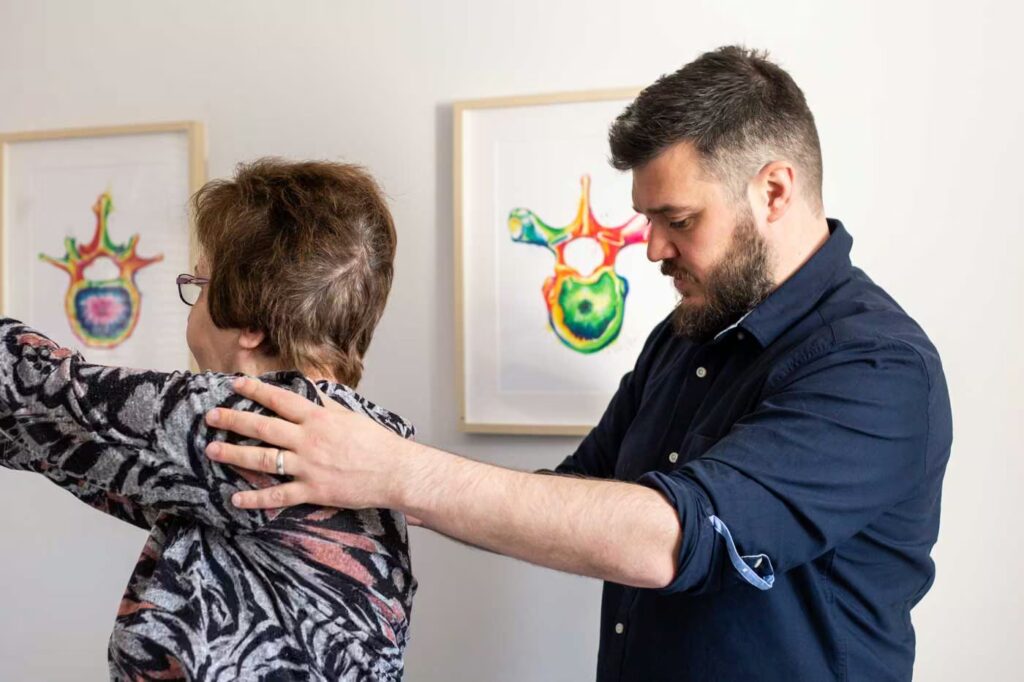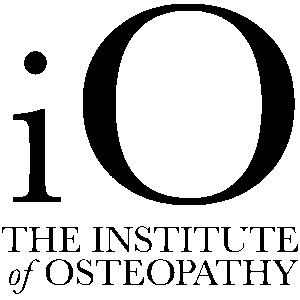About Frozen Shoulder
Frozen Shoulder (aka Adhesive Capsulitis) is a painful condition which results in a severe loss of motion in the shoulder. It may follow an injury, or it may arise gradually with no injury or warning. It most commonly affects patients between the ages of 40 to 60 years old and is twice as common in women as in men. It is a lot less common than people think and is frequently misdiagnosed, the problem people are often suffering with usually turns out to be Rotator Cuff Tendonitis.
In frozen shoulders, an autoimmune reaction creates inflammation in the joint which causes adhesions to form. Stiffness and pain generally builds over a course of a few months which seriously limits the shoulder’s ability to move, often leaving the patient with no mobility in the joint at all. It can be predisposed by trauma to the shoulder including fractures or surgery. Other shoulder problems like bursitis, rotator cuff tears, or impingement syndrome can lead to a frozen shoulder. The symptoms are primarily shoulder pain and a severely restricted movement.


Rotator Cuff Pain and Treatment
Treatment of frozen shoulders can be frustrating and slow. The aim is to decrease inflammation and increase the range of motion of the shoulder. Osteopathic treatment is a critical part of helping you regain the motion and function of your shoulder. Treatments are directed at getting the muscles to relax using techniques to stretch the joint capsule and muscle tissues of the shoulder. You will also be given exercises and stretches to do as part of a home program. Your doctor may also recommend an injection of cortisone to get the inflammation under control. Cortisone is a steroid that is very effective at reducing inflammation but cannot be used continuously. If you fail to respond your doctor may offer you the option of manipulation under anaesthetic.


